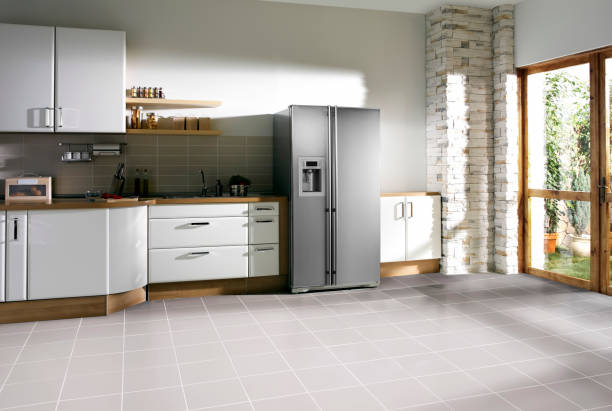Keeping your home free from overflowing rubbish can feel like a never-ending battle, especially if you have a busy household or limited waste disposal options. Piles of garbage not only create an eyesore but can also attract pests, cause unpleasant odours, and make everyday living more stressful. However, with a few practical strategies, you can regain control and prevent rubbish from taking over your space. Assess Your Waste Habits The first step to tackling excess rubbish is understanding how and why it builds up. Ask yourself: For those dealing with frequent rubbish overflow, upgrading to a high-capacity 660 litre bin can be an effective solution. A larger bin can accommodate more waste, reducing the chances of bags piling up around your home while you wait for collection day. Reduce Waste at the Source Preventing excess rubbish starts with reducing the amount of waste you bring into your home. Some simple ways to cut down on waste include: By making small changes to your shopping habits and daily routines, you can significantly cut down on the amount of rubbish you produce. Establish a Recycling System Many homes struggle with overflowing rubbish simply because they’re not making full use of their recycling options. To avoid unnecessary waste buildup: If your local council offers additional recycling programs, such as soft plastic drop-offs or electronic waste collection, take advantage of these services to keep unnecessary rubbish out of your main bin. Create a Rubbish Routine Having a proper system for managing household waste can prevent garbage from piling up unexpectedly. Try these strategies: By maintaining a consistent routine, you’ll stop rubbish from accumulating and keep your home clean and clutter-free. Dispose of Large Items Properly Old furniture, broken appliances, and bulky household items can quickly turn a home into a dumping ground if not dealt with promptly. Rather than letting them take up space: Many communities offer free or low-cost disposal options for large items, so check with your local council to find the best way to clear out unwanted goods. Keep Outdoor Areas Tidy Overflowing rubbish isn’t just a problem inside the house—it can also affect your outdoor spaces. If your bins are frequently overflowing: Maintaining clean outdoor spaces will help prevent bad smells, pests, and unsightly rubbish piles from taking over your home. A rubbish-free home is easier to achieve when you have a solid plan in place. By reducing waste, recycling effectively, and keeping a regular disposal routine, you can prevent rubbish from piling up and reclaim a clean, organised living space.






